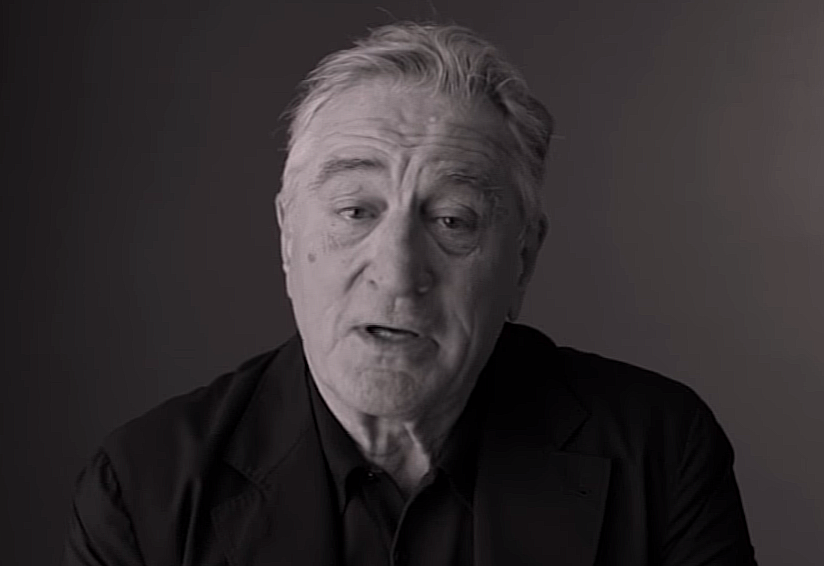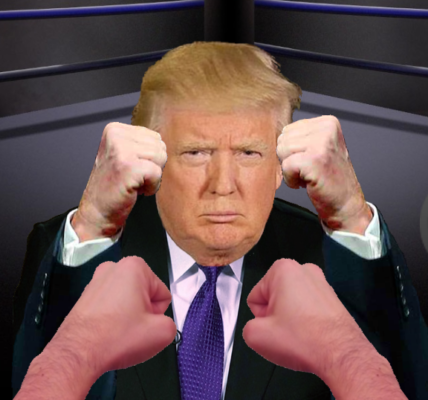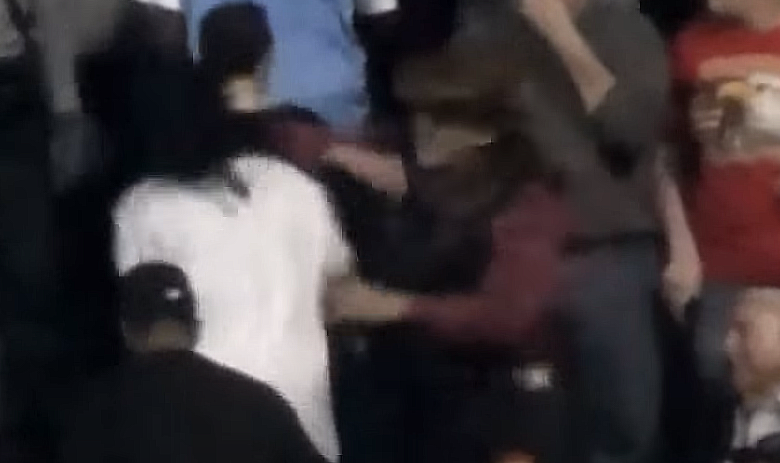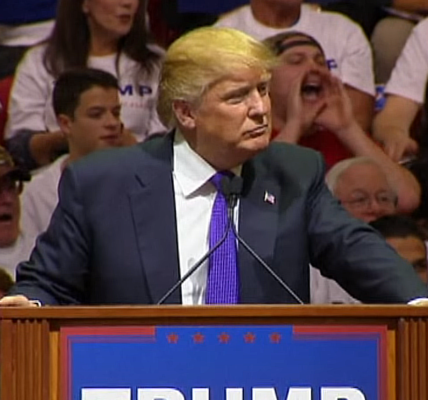In the realm of celebrity activism and political discourse, statements made by renowned actors and public figures often garner significant attention and provoke discussions among the public. One such instance occurred when veteran actor Robert De Niro made headlines for expressing his desire to punch then-President Donald Trump in the face during a public event. This incident ignited debates about the role of celebrities in politics, the boundaries of free speech, and the impact of such statements on public perception. In this blog post, we’ll delve into the context, implications, and various viewpoints surrounding De Niro’s provocative comment.
The Context: A Heated Political Climate
The incident in question took place during the National Board of Review Annual Awards Gala in January 2018. Robert De Niro, while introducing actress Meryl Streep, unleashed a memorable tirade against President Trump, saying, “It’s The Emperor’s New Clothes – the guy is a fing fool… This fing idiot is the President.” He continued, “And if you don’t do something about it, you’re all going to be in deep s**t.”
The comment that drew the most attention, however, was De Niro’s statement, “It’s time to just punch him in the face.” This bold declaration resonated with strong emotions felt by many who opposed President Trump’s policies and rhetoric. However, it also raised questions about the appropriateness of such language in a public setting, especially coming from a respected figure in the entertainment industry.
Celebrity Influence and Political Expression
Celebrities have long used their platforms to express their opinions on political matters, often leveraging their fame to bring attention to important issues. However, the line between meaningful engagement and crossing into offensive or violent rhetoric can be delicate. De Niro’s comment ignited discussions about whether celebrities should use their influence to actively engage in politics or whether they should refrain from making inflammatory remarks.
Supporters of De Niro’s statement argue that celebrities, like any other citizens, have the right to express their opinions, regardless of their occupation. They highlight the importance of free speech and assert that De Niro’s remark was an emotional response to a divisive political climate.
Critics, on the other hand, emphasize the need for respectful discourse, even when expressing dissent. They contend that celebrities hold a unique position of influence and that their words carry weight, potentially shaping public opinion. They argue that advocating violence, even in jest, sets a concerning precedent and contributes to the overall coarsening of public discourse.
The Impact on Public Perception
De Niro’s comment undeniably sparked media coverage and discussions on social media platforms. It elicited a wide range of reactions, from those who found it cathartic and justified, to those who considered it inappropriate and harmful. Some saw De Niro as a voice of frustration for those who felt unheard in the political landscape, while others viewed his statement as an example of the polarization that had overtaken political discussions.
Conclusion
Robert De Niro’s bold remark about wanting to punch Donald Trump in the face underscores the complexities of celebrity political engagement and the power of their words. While some celebrate the directness and honesty with which he expressed his feelings, others emphasize the importance of maintaining respectful discourse, particularly in a time of heightened political tension. The incident raises important questions about the role of celebrities in shaping public opinion, the boundaries of free speech, and the impact of provocative statements on political discourse as a whole. In a world where public figures wield substantial influence, the balance between passionate expression and responsible communication remains an ongoing discussion.



